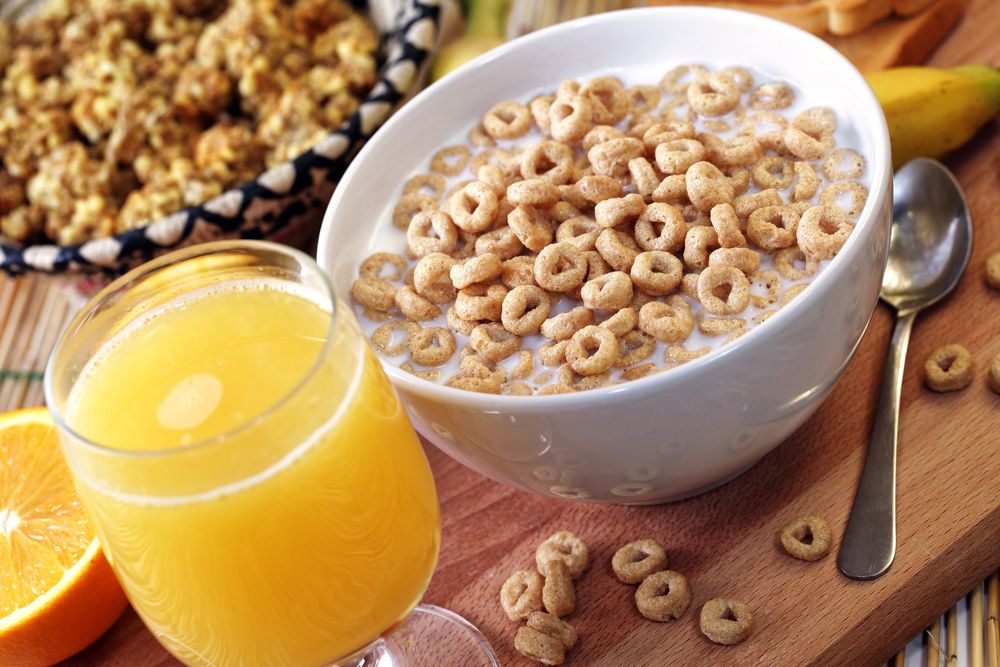In recent years, the term "ultra-processed" has garnered a negative reputation, often associated with foods to be avoided at all costs. This perception stems from research indicating that ultra-processed foods, characterized by extensive processing and containing added preservatives, sugars, flavors, and colors, are linked to various adverse health outcomes.
A February 2024 review published in The BMJ examined 45 studies involving nearly 10 million individuals, shedding light on the concerning relationship between excessive consumption of ultra-processed foods and 32 different health conditions. The findings revealed "convincing" evidence linking ultra-processed food intake to cardiovascular disease-related mortality, type 2 diabetes, and anxiety, along with "highly suggestive" evidence suggesting a correlation with all-cause mortality.
1) Bread

The debate surrounding the healthiness of bread can be confusing. While ultra-processed food lists might suggest that store-bought bread is detrimental to health due to additives like fillers, preservatives, and emulsifiers, bread made with whole grains remains a nutritious choice. Research indicates that diets rich in whole grains can aid in the prevention of type 2 diabetes, heart disease, and stroke.
To opt for a healthier choice, select bread primarily made with whole wheat or other grains. Look for whole grains listed as the first ingredient, such as whole wheat. Brands like Dave's Killer Bread offer a variety of nutrient-dense whole-grain options for sandwiches and toast, providing a healthier alternative to highly processed bread.
2) Canned Soups
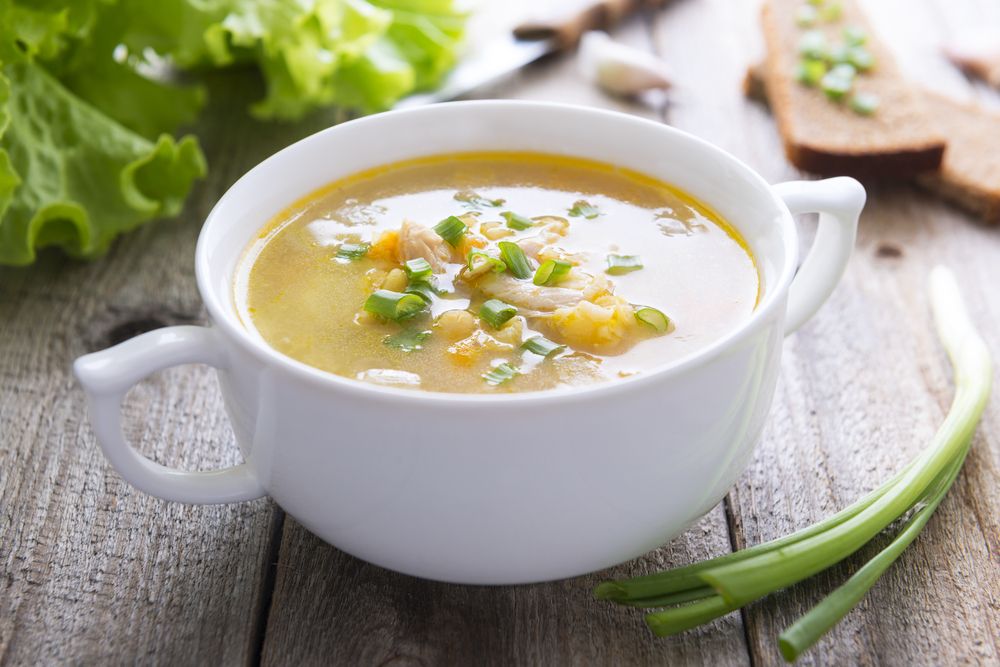
Canned foods have often been criticized for their high sodium content and saturated fat levels, particularly in options like creamy chowders and bisques. However, it's important to recognize that not all canned foods are equally ultra-processed, nor do they offer the same level of nutrition.
One notable example of a canned soup that stands out for its low sodium content and high nutritional value is Amy's Organic Lentil Soup. This option is rich in vegetables and plant-based protein, providing only 12% of your daily sodium intake in a 1-cup serving.
3) Granola Bars
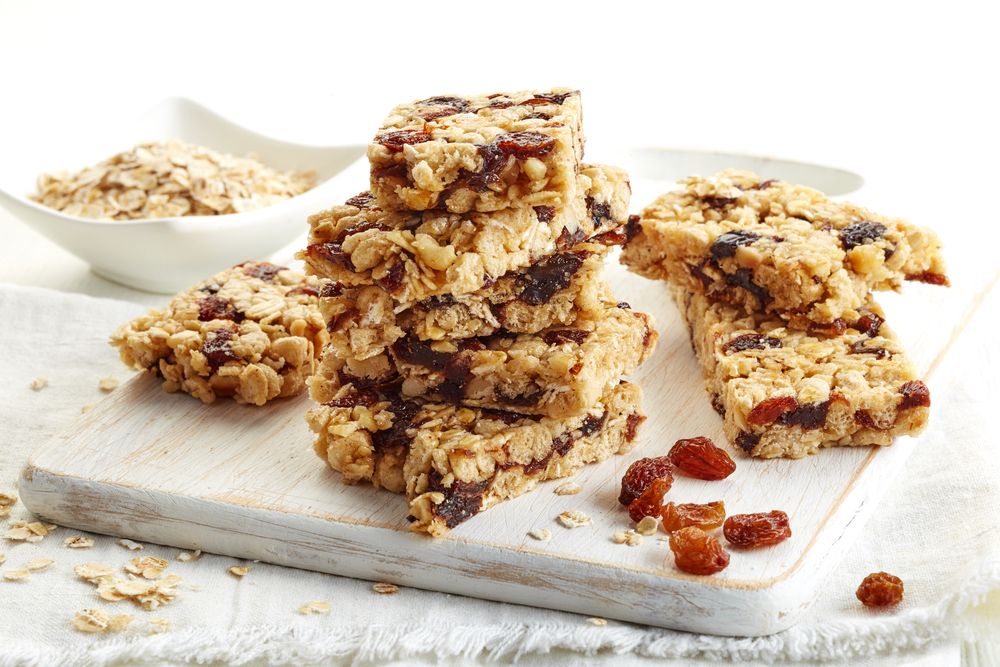
Granola bars made with whole grains as the primary ingredient and minimal added sweeteners can provide numerous health benefits. When choosing a granola bar, aim for those with added sugars of 7 grams or less per bar and carefully examine the ingredient list to understand its contents.
One recommendation from a nutritionist is Kind's Cinnamon Oat Bars. These bars are crafted with 22 grams of whole grains, including oats, millet, buckwheat, amaranth, and quinoa, and contain only 5 grams of sugar.
4) Mocktails

Sugar-sweetened beverages like canned cocktails are typically classified as ultra-processed products. However, for those seeking a sweet and fizzy drink with less sugar and no alcohol, there are alternative options available. While canned mocktails may still contain added sweeteners, coloring, or preservatives, many are a healthier choice compared to brightly colored wine coolers or hard lemonades.
Surprisingly, some mocktails offer lower sugar and calorie content than anticipated. One recommended choice is Mingle Mocktails, which I personally favor. With just 60 calories and 11 grams of added sugar, they provide a sweet sip that you can enjoy guilt-free.
5) Breakfast Cereal

While certain breakfast cereal brands are synonymous with ultra-processing, characterized by excessive sugar content and numerous preservatives, others kickstart your day with a nutritious punch. Surprisingly, breakfast cereals can be an excellent source of daily fiber, protein, and essential micronutrients. For a packaged breakfast cereal offering numerous health benefits, consider trying Nature's Path's Multibran Flakes. With 7 grams of fiber, 5 grams of protein, and just 5 grams of added sugar, it provides a wholesome start to your morning.
6) Frozen Meals

While numerous frozen meals rightfully earn their ultra-processed reputation due to high sodium and preservative content, not all frozen meals are detrimental to your health. Some brands deliberately formulate their recipes with minimal preservatives and concise ingredient lists.
Consider Daily Harvest as an example. Their frozen entrees, spanning grain bowls, soups, and flatbreads, feature an abundance of nutritious organic ingredients such as vegetables, lentils, and whole grains.
7) Jerky
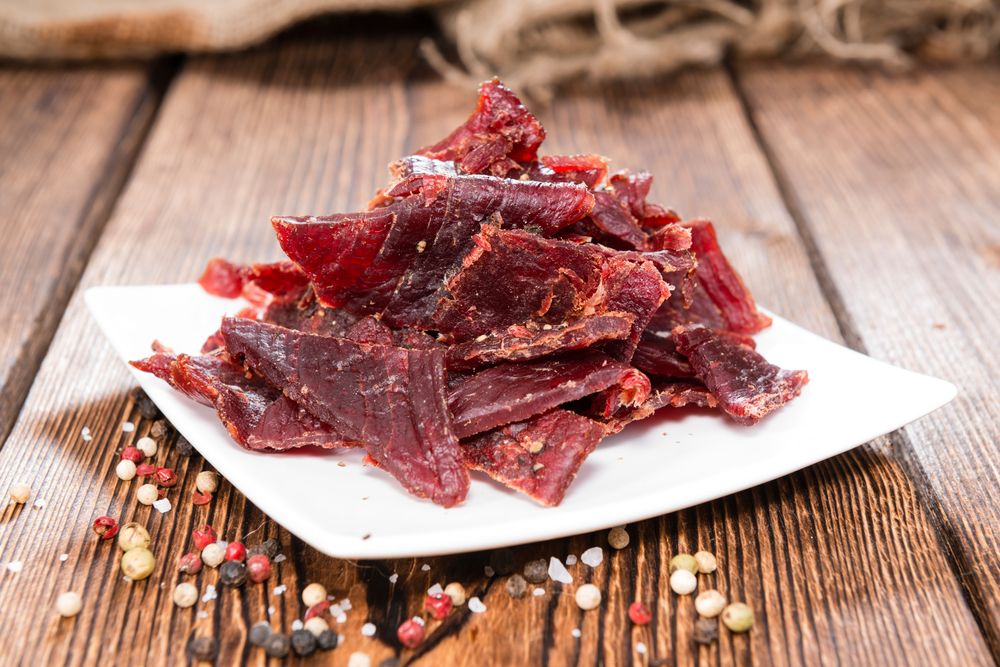
While flavored jerkies laden with salt and added sugars are undoubtedly ultra-processed, dried meat can serve as a healthy, protein-rich snack. Opting for less processed jerky entails selecting brands with minimal ingredients. Alternatively, consider choosing jerky made from salmon for an even healthier option. Brands like Alaska Smokehouse offer salmon jerky, which is rich in heart-healthy omega-3 fats and crafted with all-natural ingredients.
8) Packaged Oatmeal
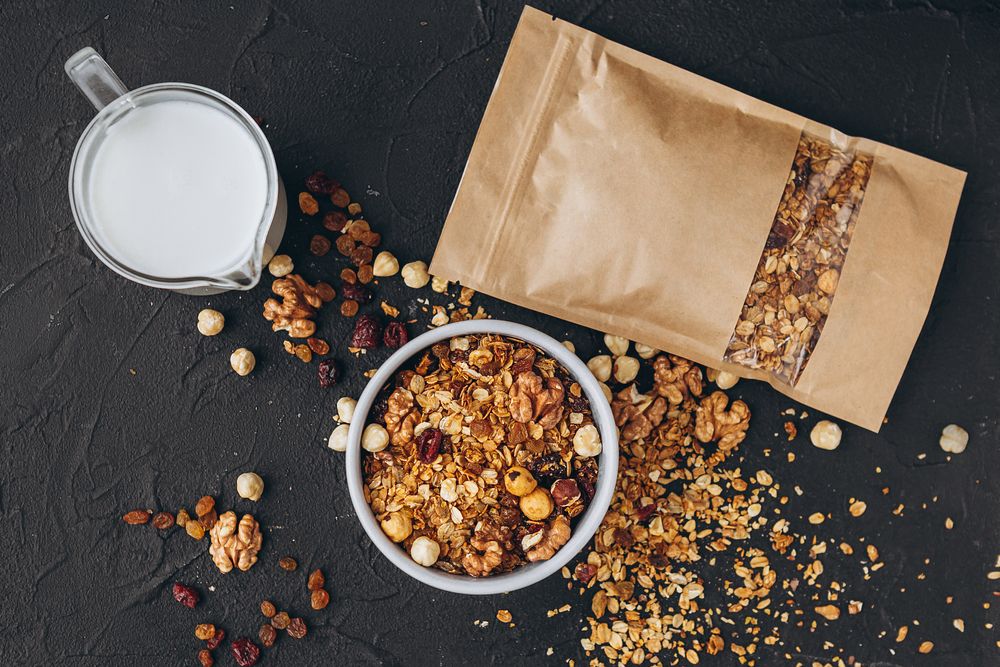
Oats are widely regarded as one of the healthiest foods available, but their benefits depend on how they're prepared. Avoid packaged oatmeals that are high in sugar and preservatives, and instead, opt for varieties that offer generous amounts of fiber and protein while keeping sugar levels in check. If you're looking for recommendations on the best brands, be sure to consult our guide to the top and bottom performers among packaged oatmeals available in grocery stores.

